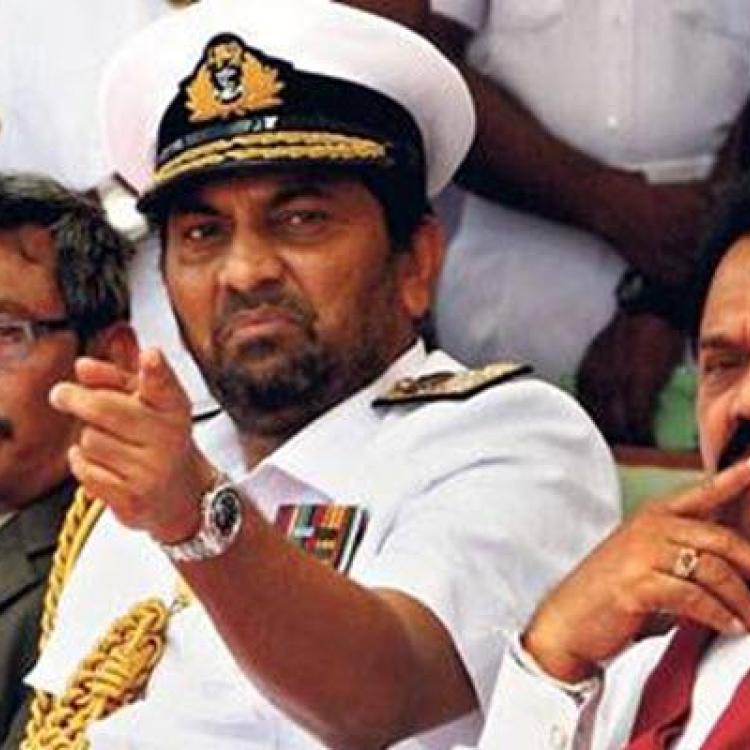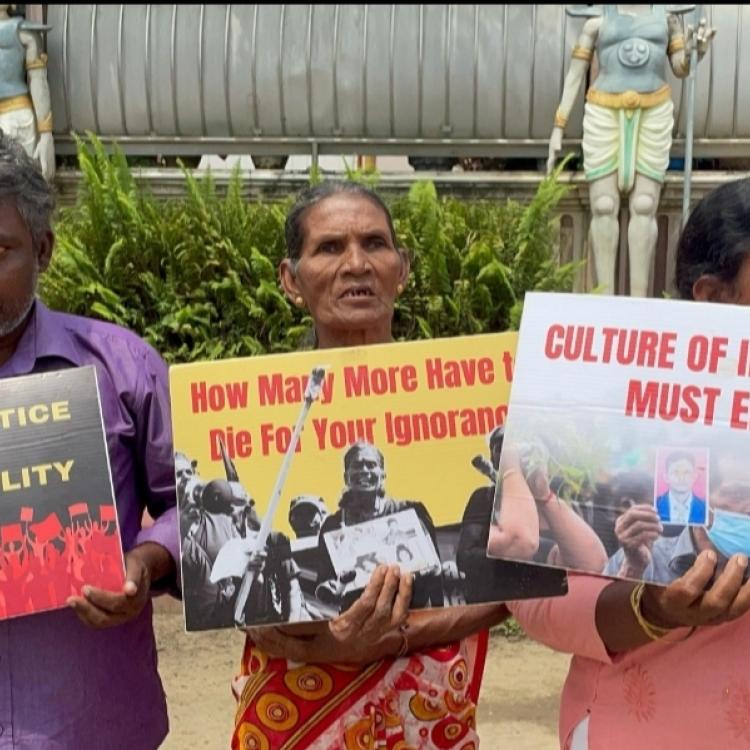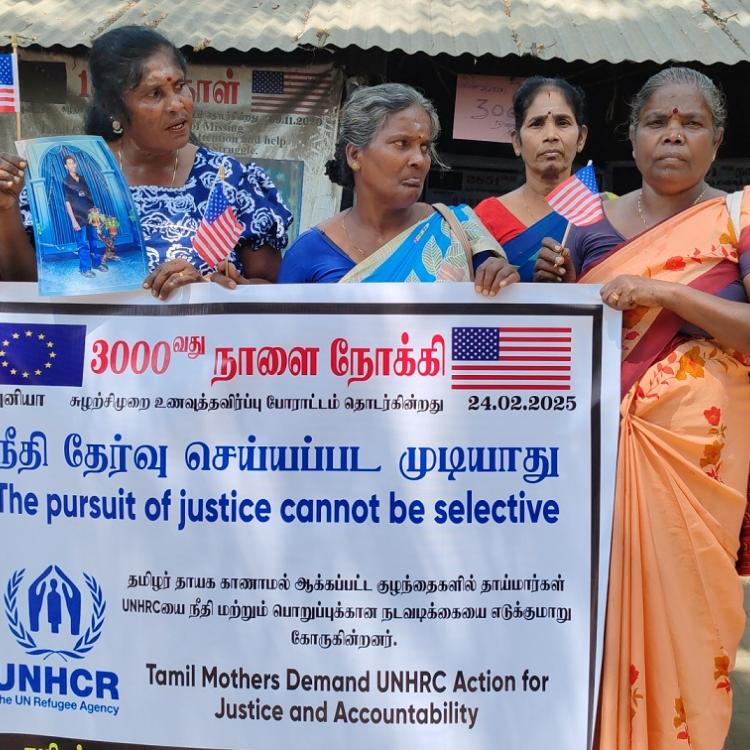
Two justices of the Supreme Court of Sri Lanka, Dilip Nawaz and Priyantha Fernando, announced on 28 March that they would recuse themselves from hearing petitions related to the controversial case of former Navy Commander Wasantha Karannagoda and the enforced disappearance of eleven Tamil and Muslim youth between 2008 and 2009.
The case, known as the "Navy 11" case, involves the abduction and presumed murder of eleven young men — most of them Tamil — who were taken from Colombo and surrounding areas and held at naval bases, including Trincomalee and Colombo, before disappearing. The victims, abducted between August 2008 and February 2009, were reportedly held for ransom. The eleven victims included teenagers and young adults, two of whom were father and son pairs.
In 2019, the International Truth and Justice Project (ITJP) released a damning report titled The Sri Lankan Navy: A Collective Blind Eye, documenting the involvement of senior Sri Lankan naval officers in a wider pattern of abductions, torture, and enforced disappearances. The report outlined systemic abuse over several years and named Karannagoda, who served as Navy Commander from 2005 to 2009, as a key suspect.
Karannagoda was formally named as the 14th suspect in the case in 2019. However, in a widely criticised move, the Attorney General of Sri Lanka dropped all charges against him in 2021, citing insufficient evidence — a decision that the families of the victims and rights groups have challenged as politically motivated.
Petitions filed by the families of the eleven disappeared youth seek to overturn the Attorney General’s decision and reinstate criminal proceedings against Karannagoda. The petitions were scheduled to be heard before a three-judge bench composed of Justices Dilip Nawaz, Janak de Silva, and Priyantha Fernando. However, citing undisclosed personal reasons, Justices Nawaz and Fernando announced their withdrawal from the case, leading to its postponement.
The case is now expected to be re-heard by a newly appointed bench on 15 September 2025.
The Karannagoda case has become emblematic of Sri Lanka’s persistent impunity for war-time atrocities and human rights violations.
In recent weeks, Karannagoda was sanctioned by the United Kingdom for gross human rights violations, alongside other senior Sri Lankan military figures including Shavendra Silva and Jagath Jayasuriya. The sanctions, which include asset freezes and travel bans, were welcomed by Tamil survivors and human rights groups, but have provoked a backlash from Sri Lankan political leaders, who continue to defend those accused of war crimes.
Despite international scrutiny, the Sri Lankan state has consistently failed to deliver justice for victims of enforced disappearances, particularly Tamil families in the North-East. The continued failure to prosecute high-profile cases like Karannagoda’s underscores the lack of political will to hold perpetrators accountable and reinforces the demand for international investigations and prosecutions.



